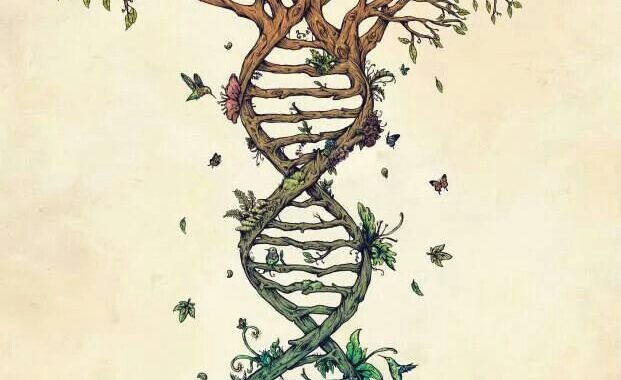By Tobin McKee, Cooperation Humboldt Core Team member and staff member
Because I am one of the facilitators for the hugely popular Cooperation Humboldt solidarity economy study groups, I was asked by another organization to run a similar study group for them. It did not go as planned.
The story of why it didn’t work well taught me something inspiring.
In a nutshell, the curriculum of the Cooperation Humboldt study group can be summarized this way:
Capitalist enclosure of wealth is built upon white supremacy, heteropatriarchy, and colonialism. Sharing, caring solidarity economics are built upon anti-racism, inclusive equity, and decolonization.
To become a Core Team member at Cooperation Humboldt, the one and only requirement is that you participate in a study group, to learn about these things and the parts we play in them. The foundation of the organization is built upon antiracism, inclusive equity, and decolonization. Not as mere ideas, but as principles that each of us practices and strives to embody.
What I didn’t understand when I took the job running a study group somewhere else was that when an organization is built upon the principles of solidarity economics, that shapes everything the organization does. It is the DNA of the organization. And when an organization is built another way, it behaves differently. In hindsight, it seems obvious.
I’m a design thinker. Kind of like an architect or an engineer, I plan things out before I do them. When I’m facilitating a study group, for example, I plan it out again, each time, even though I’ve done it before. I imagine, “How can I make this better? How will this experience affect people?”
So there I was, working for another organization, tasked with making the same magic that has made Cooperation Humboldt so effective. Working with my co-facilitator – an amazing person who is leaps and bounds ahead of me in their social justice work – we created a curriculum for our new study group, based on what I’d done at Cooperation Humboldt. I was optimistic. I thought our study group was going to make waves of positivity. Instead, we made something unexpectedly lackluster.
While the Cooperation Humboldt study groups are full of rich, challenging conversations, where everyone, myself included, learns something new about the world, and about ourselves, this new group was slow to get to the root of the matter and genuinely start to look at how the programs we create are always going to be shaped around our deeply ingrained worldviews, which are often different than our well-meaning belief systems.
Why? What happened?
It comes back to that idea of the foundation, the DNA, the design of the thing. Entering into an existing space and attempting to remodel it is very different than creating something entirely new. To remodel an organization based on the principles of solidarity economics is a completely different task than to build an organization that way from the ground up. So I’m going back to the drawing board on that one, and I’ll do better next time.
But now that I more fully understand what it means to work for an organization that has solidarity, antiracism, inclusive equity, and decolonization in its very DNA, my enthusiasm for the Cooperation Humboldt study groups is doubled.
Our solidarity economy and social justice study groups are creating a healthy family of sharing, caring pro-activists who are equipped with the most valuable tools that a society has available: equity, cooperation, mutualism, pluralism, participatory democracy, and regenerative resource management. With these things as our building blocks, what we create is truly revolutionary.
